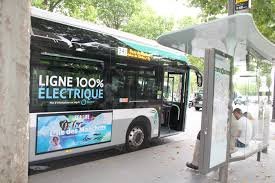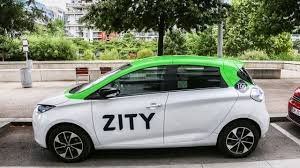You would do well to base your decision on your own research rather than relying on journalism. The programme based the cost of charging the battery on the assumption that all the charge was at IONITY’s admittedly exhorbitant 69p/kWh. The rest of the rapid network charges 30-40p/kWh. In addition to this you would set out from home with a full battery which would cost you between 5p/kWh and 20p/kWh depending on whether or not you have a cheap rate variable tariff.
The Ioniq 5 will indeed to 300 miles as advertised, at least in the summer at average speeds. Does your ICE car do the official government figure when hammering along the motorway? I guess not. On long trips, however, you are looking at about 70% of battery capacity between charges as it’s best not to risk arriving below 5-10% and once you reach 80% charge the car will slow the charge rate fro a rapid charger significantly to protect the battery. My holiday trip from Newmarket to Perthshire, Tarbert in Argyll and back to Newmarket required three stops on the way up (Elkersley Instavolt 40p/kWh, Alnwick IONITY 28p/kWh 9th my Polestar Plugsurfing card 28p/kWh and Perth IONITY (could have done it in two but wanted to try out a new charger in Perth) and two on the way home (Gretna Green IONITY 28p/kWh with my Polestar Plugsurfing card and Markham Moor Instavolt 40p/kWh ). I paid the owners of the two holiday cottages a total of £45mfor charging by 3-pin at a generous rate of 25p/kWh. I calculate the average cost of electricity over the holiday to be about 27p/kWh. My Polestar 2 - not a particularly efficient EV - averaged about 3.5 miles per kWh, so 7.7 pence/mile. I only have to use rapids when doing more than 180/220 miles in a day (winter/summer), for 48 weeks of the year I charge exclusively at home at an off-peak cost of 5.5p/kWh so less than 2 pence/mile. Why would you only buy an EV if, as Guy put it, you only drive a maximum of 50 miles a day? IMHO he lost himself a lot of credibility with that statement.
The current VW van is targeting the city delivery market where range and speed are not an issue but tailpipe emissions are hugely important for our health. There are other vans from Vauxhall, Renault etc with a real world range of 150-180 miles. The Vauxhall Vivaro-e has a top speed limited to 81mph.
For me, an EV campervan with a good range can’t come soon enough. Current offerings of a California size fall short on range for me by around 30%, a shortfall that will probably be met inside five years with improving battery density and lower lost. In the meantime I patiently await my California Ocean. I hate the prospect of going back to diesel but that’s how It is. Having owned two BEVs I would never go back to an ICE car.























